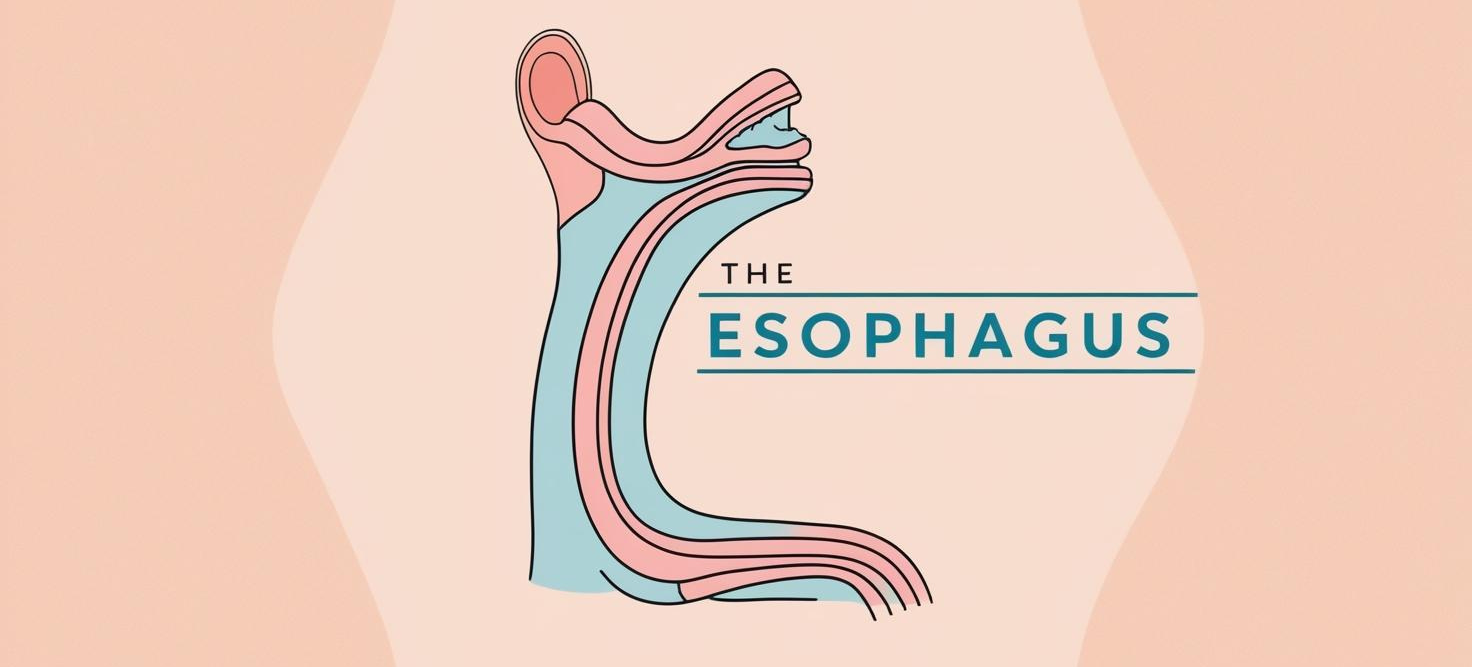
Gastroesophageal reflux disease (GERD) is a chronic digestive condition that can significantly impact quality of life. From painful heartburn and disrupted sleep to a constant fear of eating, GERD takes a toll both physically and emotionally. While medications like Prilosec (proton pump inhibitors, PPIs) are often prescribed for relief, they don’t address the root cause of the condition.
As a functional nutrition counselor, I focus on digging deeper to uncover the “why” behind GERD. This comprehensive approach involves identifying triggers, optimizing digestion, and using dietary strategies to support healing. This article is based on research I conducted for a client struggling with GERD, aiming to provide lasting relief by addressing the condition’s root causes.
GERD occurs when stomach acid flows back into the esophagus, causing symptoms like heartburn, chest pain, regurgitation, and even difficulty swallowing. While it’s commonly thought to be caused by excessive stomach acid, research shows that low stomach acid and a weak lower esophageal sphincter (LES) are often the real culprits.
Low Stomach Acid (Hypochlorhydria):
Weak LES Function:
Hiatal Hernia:
Gut Imbalances (Dysbiosis or SIBO):
Dietary and Lifestyle Triggers:
To address GERD, we focus on improving digestion, reducing inflammation, and strengthening the LES. Here’s a step-by-step plan based on evidence-based practices:
Counterintuitive as it seems, many people with GERD benefit from improving stomach acid levels.
Apple Cider Vinegar (ACV):
Digestive Bitters:
Zinc and Betaine HCl:
Rebuilding gut health is essential for lasting relief.
Probiotics:
L-Glutamine:
Slippery Elm and Marshmallow Root:
Bone Broth or Collagen:
Diet plays a significant role in managing GERD.
Foods to Include:
Foods to Avoid:
How you eat is just as important as what you eat.
While working on the root causes, natural remedies can provide immediate relief:
Stress weakens the LES and impairs digestion. Incorporate:
Research continues to show that GERD is more complex than simply “too much acid.” A review in The American Journal of Gastroenterology highlights the importance of addressing low stomach acid, dysbiosis, and lifestyle factors to resolve GERD. Studies also emphasize the risks of long-term PPI use, including nutrient deficiencies, gut imbalances, and increased infection risk.
GERD isn’t a condition you develop overnight, and healing takes time. By focusing on the root causes—low stomach acid, poor gut health, and dietary triggers—you can achieve lasting relief without relying on medications that mask symptoms.
This plan is based on my research and experience helping clients navigate GERD. If you’re tired of managing symptoms without real solutions, let’s work together to create a personalized approach that addresses your unique needs. Relief is possible when you give your body the support it needs to heal.